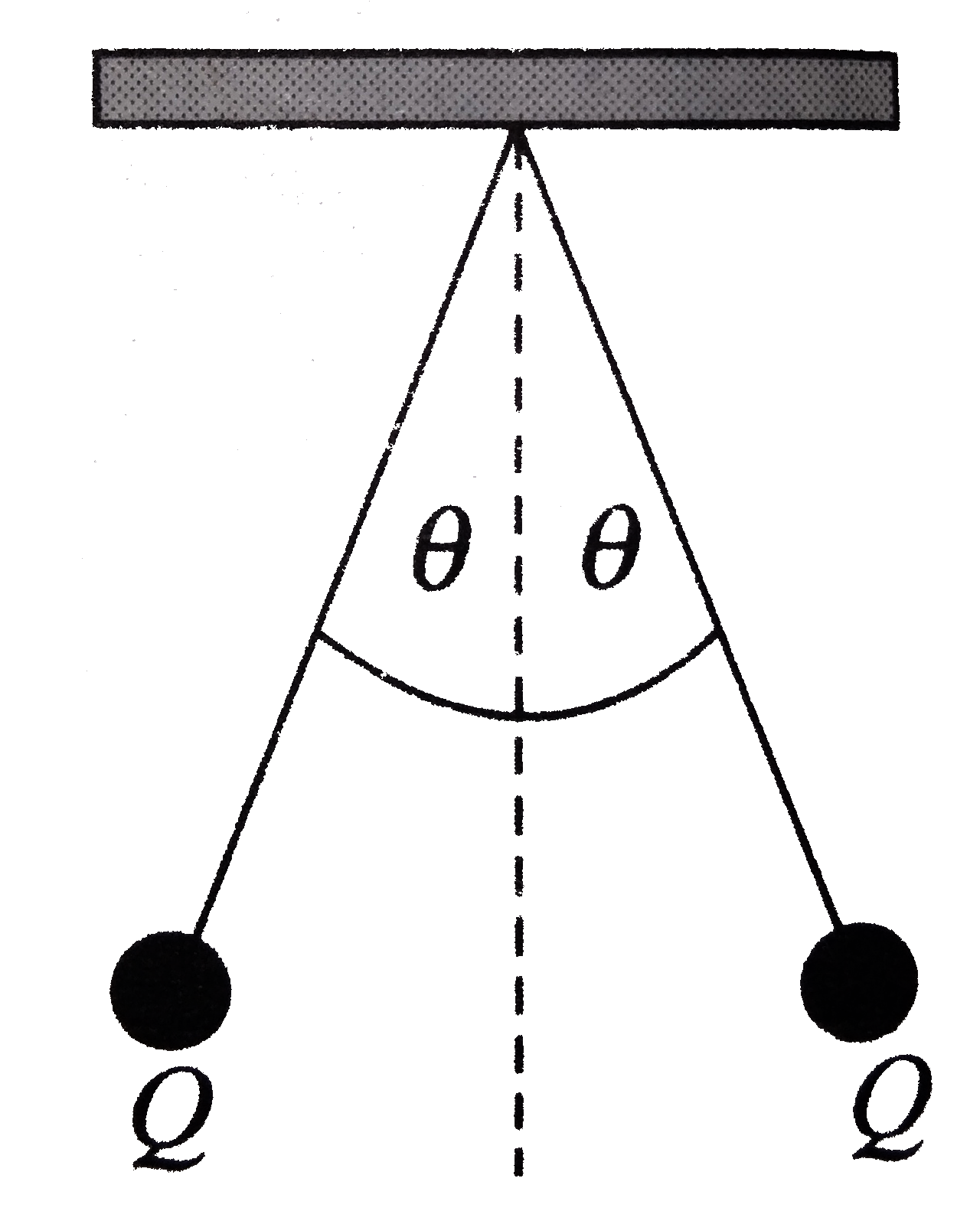Pith
Is made up of thin-walled, parenchymatous cells which may be with or without intercellular spaces
n dicotyledonous stems pith also extends in between the vascular bundles
It chiefly serves as the store house of several excretory substances, such as tannins, phenols, calcium oxalate, etc.
All statements are correct
The correct Answer is:4
Step-by-Step Text Solution for the Question: Pith
1. Definition of Pith:
- Pith, also known as medulla, is a tissue found in the central part of stems and roots in plants.
2. Location of Pith:
- In dicotyledonous (dicot) plants, the pith occupies the central portion of the stem and roots.
- In monocotyledonous (monocot) plants, the pith is not distinctly recognized due to the arrangement of vascular bundles.
3. Composition of Pith:
- The pith is primarily composed of large parenchyma cells.
- These parenchyma cells can have intercellular spaces, which may or may not be present.
4. Pith in Dicotyledonous Stems:
- In dicot stems, the pith extends between the vascular bundles.
- This extension is referred to as medullary rays or pith rays.
5. Function of Pith:
- The pith serves as a storage area for various excretory substances, including tannins, phenols, and calcium oxalate.
6. Summary of Key Points:
- Pith is also called medulla.
- It is located in the center of dicot stems and roots but is not distinctly recognized in monocot stems.
- Composed of parenchyma cells, it may have intercellular spaces.
- In dicots, it extends between vascular bundles and forms medullary rays.
- It acts as a storehouse for excretory substances.
- Pith, also known as medulla, is a tissue found in the central part of stems and roots in plants.
- In dicotyledonous (dicot) plants, the pith occupies the central portion of the stem and roots.
- In monocotyledonous (monocot) plants, the pith is not distinctly recognized due to the arrangement of vascular bundles.
- The pith is primarily composed of large parenchyma cells.
- These parenchyma cells can have intercellular spaces, which may or may not be present.
- In dicot stems, the pith extends between the vascular bundles.
- This extension is referred to as medullary rays or pith rays.
- The pith serves as a storage area for various excretory substances, including tannins, phenols, and calcium oxalate.
- Pith is also called medulla.
- It is located in the center of dicot stems and roots but is not distinctly recognized in monocot stems.
- Composed of parenchyma cells, it may have intercellular spaces.
- In dicots, it extends between vascular bundles and forms medullary rays.
- It acts as a storehouse for excretory substances.
Similar Questions
How many of the following statements are correct?
1. Conjoint vascular bundles are not present in monocot stem.
2. Casparian strips of endodermis are made of cutin.
3. Pith is large and well developed in monocot roots.
4. Trichome helps in water loss due to transpiration.View SolutionA free pith ball of mass 6g carries a positive charge of (1/3)×10−7C. What is the nature and magnitude of charge that should be given to a second pith ball fixed 5cm vertically below the former pith ball so that the upper pith ball is stationary.
View Solution
Knowledge Check
- Question 1 - Select One
I. Unicellular hair
II. Endodermis with passage cells
III. Pith-small / inconspicuous
IV. Radial vascular Bundle
V. Xylem-exarch
VI. 2- 4 xylem and phloem
The above description refers to which of the followingAMonocot rootBDicot rootCMonocot stemDDicot stem - Question 2 - Select One
pick up the wrong differneces between dicot and monocot root
CharacterDicot RootMonocot RootActivity of pericycle−Lateral root prodcution−Secondary growth and cambiumVascular bundle−Diarch to tetrarch−PolyarchCambium−Lateral, development−AbsentPith−Well developed−Poorly developedAb,dBa,cCa,dDa,b - Question 3 - Select One
Given below are two statements A and B, each with one or two blanks. Select the option, which correctly fill up the blanks in two statements.
Statements :
(A) Cicer root is ………(i)……..and ……….(ii)……….
(B) Pith is well developed in the dicotyledonae stem and ......(i).....A{:((A),(i)"Triarch"(ii)"Endrach"),((B),(i)"Monocot root"):}B{:((A),(i)"Monarch"(ii)"Mesarch"),((B),(i)"dicot root"):}C{:((A),(i)"Triarch"(ii)"Exarch"),((B),(i)"Monocot root"):}D{:((A),(i)"Monarch"(ii)"Exarch"),((B),(i)"dicot root"):}
A pith-ball A of mass 9×10−5 kg carries a charge of 5μC. What must be the magnitude and sign of the charge on a pith-ball B held 2 cm directly above the pith-ball A, such that the pith-ball A remains stationary ?
View SolutionA free pith ball p of 10g carries of 5×10−8C. What must be the nature and maganitude fo charge that should be given to another pith ball Q fixed 7 cm below the former ball, so that upper ball is statinary ?
View SolutionRead the following statements
(i). Multicellular epidermal hair
(ii). Collenchhymatous hypodermis
(iii). Pith present
(iv). Vascular bundles present in a ring i.e., eustele above given features describe which of the following plant parts?View SolutionRead the following characteristics (I - IV) and identify the structure to which these features correspond
I. Cortex is made up of several layers of thin walled parenchyma cells without any intercellular spaces.
II Endoderm is made up of a single layer of barrel - shaped cells without any intercellular spaces.
III . Few layers of thick - walled parenachymatous cell forms pericycle.
IV. Pith is small or inconspicuous.
V. Conjunctive tissue present , and 2 to 4 xylem and phloem patches.View Solutiontwo pith balls each with mass m are suspended from insulating threads. When the pith balls are given equal positive charge Q, they hang in equilibirum as shown. We now increase the charge on the left pith ball from Q to 2Q while leaving its mass essentially unchanged. Which of he following diagrams best represent the new equilibrium configuration?
 View Solution
View Solution

